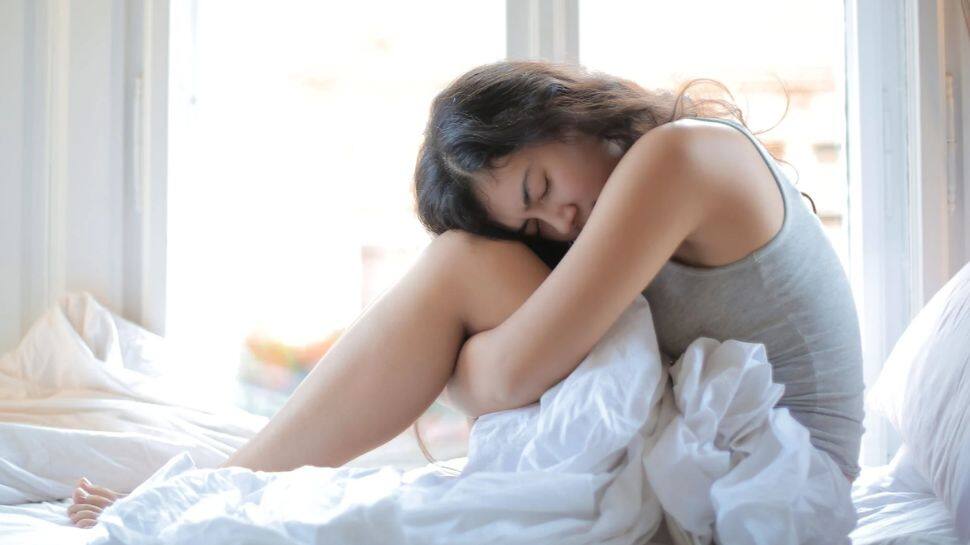Seven to eight hours of deep, restful sleep is extremely important for health – both physical and mental health. Be it metabolic, cardiovascular, or mental health issues, if you consistently enjoy a good night’s sleep, it can keep several disorders at bay. But for some people, sleep is elusive, leading to many problems. People with migraine also often suffer from poor sleep, which in turn worsen their headaches. Dr Bharath Kumar Surisetti, Consultant Neuro Physician, Yashoda Hospitals Hyderabad, speaks to Zee News Digital about sleep requirements for migraine patients and offers sleep advice.
Link Between Migraine And Sleep Disorder
“Migraine and sleep disorders are common and often burdensome chronic conditions with a high prevalence in the general population. Recent biochemical and functional imaging studies identified central nervous system structures and neurotransmitters which are involved in the pathophysiology of migraine and are also important for the regulation of normal sleep architecture, suggesting a possible causative role, in the pathogenesis of both disorders- of dysregulation in these common nervous system pathways,” shares Dr Bharath Kumar Surisetti.
Migraine patients are at increased risk of developing insomnia, and insomnia is a risk factor for migraine onset and for increased migraine impact, pain intensity, and chronification. According to Dr Surisetti, women above 35 years of age are more prone to developing migraine and resultant sleep disorders. He adds that the risk of migraine is four times more in patients with sleep disorders. “Migraine and poor sleep quality are associated with increased frequency and severity of attacks, reduced quality of life, work absenteeism, depression, and anxiety,” shares Dr Surisetti.
Practice Good Sleep Hygiene Habits
There are various measures pharmacological and non-pharmacological methods to treat insomnia in migraine patients. Dr Surisetti lists few good sleep hygiene habits:
1. Maintain a regular sleep-wake schedule, especially on weekends.
2. Avoid caffeinated beverages after lunch.
3. Avoid tobacco compounds, especially in the evening.
4. Avoid alcohol in the evening and at bedtime.
5. Restrict awake time in bed.
6. Adjust the bedroom environment to be conducive to sleep (cooler temperature, dark, noise-free).
7. Do not engage in any work related to the planning of the next day’s activities at bedtime.
8. Exercise regularly for about 20–30 minutes.
9. Foods high in tryptophan and melatonin precursors may have a soporific effect (i.e., eggs, fish, nuts, goji berries, tart cherry juice)
10. Avoid exposure to blue light, especially from computers, and light-emitting devices like tablets, TV, and mobile phones in the evening. Go to bed only when sleepy.
11. Get out of bed if unable to fall asleep within 20 minutes and go to another room and either read something with low-intensity light or listen to some light relaxing music. Return to bed only when sleepy. Repeat this step as many times as necessary throughout the night.
12. Set an alarm clock to wake up at a fixed time each morning, including weekends.
13. Strategic naps during the day may consist of 15–20 minutes of “power naps” between 1 and 3 PM, but longer naps that are outside of this time window are ill-advised.
“Pharmacological measures like resorting to benzodiazepines, melatonin, hypnotics, and orexin antagonists should be used with strict doctors’ advice only. Over-the-counter medications are not recommended for insomnia,” says Dr Surisetti.




